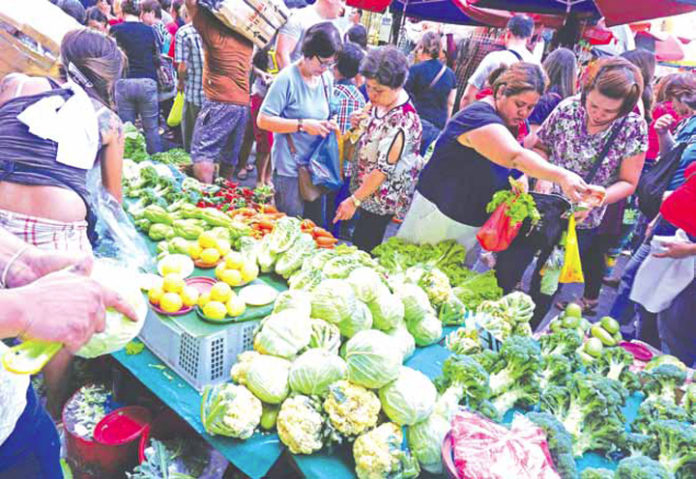
WHILE the slowdown in inflation is a positive development for the country’s economic recovery, an economist-lawmaker on Tuesday said there are still key issues that the government should address.
In a statement, House Economic Recovery Cluster co-chairman Joey Sarte Salceda said the country must remain vigilant with inflationary pressures.
“First, the 4.1 percent inflation rate [in June] is still very slightly above the 2 to 4 percent target band of the Bangko Sentral ng Pilipinas. Elevated inflation during a difficult time narrows our options when it comes to interest rate adjustments,” he said.
According to Salceda, the Philippine cannot afford any sudden contractionary interest rate increases at the moment, as it would constrict growth prospects in this period of recovery.
Second, the lawmaker said the inflation for key food items is still high, especially for meat.
“Meat inflation has decelerated to 17.2 percent from 22.3 percent. This is still above what many poor families can afford. Fortunately, the African swine fever [ASF] is beginning to retreat here and in our sources of meat imports,” he said.
The lawmaker said the Department of Agriculture must sustain its efforts to prevent any further spread of the disease among farms and backyard hog raising facilities.
Third, Salceda said while transport inflation is declining, it is still at elevated levels.
“The sudden suspension of free bus rides in Metro Manila is certain to make its dent on the July transport inflation. As a supply-augmenting move, as well as a matter of basic moral duty, the P4.6 billion in unpaid obligations incurred by the government in contracting transport service providers under Bayanihan 2 should be paid as soon as possible,” he said.
“Tricycle fare remains high at 20.4 percent, even as it is a basic transport service among many poor, rural communities. We must begin to consider loosening restrictions on tricycle rides among family members, particularly as it is a well-ventilated transport option,” he added.
Also, while petroleum and fuels inflation decelerated from 35.1 percent to 22.6 percent, the senior lawmaker said the country must be prepared for price hikes in fuel as global demand for fuel begins to recover.
Outside Metro Manila, Salceda, meanwhile, said the Bicol region posted the highest inflation rate.
“Although the inflation rate has decelerated from 7.5 percent to 6.3 percent, this remains far too high for our constituents. Outside of NCR, corn prices have increased, from an inflation of 5.6 percent to 5.9 percent this month. As corn is a key ingredient to feeds for livestock, we expect this to continue to impact meat prices. Fish prices have also increased outside of NCR, from 7.9 percent inflation last month to 8.6 percent,” he said.
With this, Salceda asked the national government to rationalize policies on transport, particularly on tricycles, which is a key mode of travel in Bicol, and a key driver of inflation.

